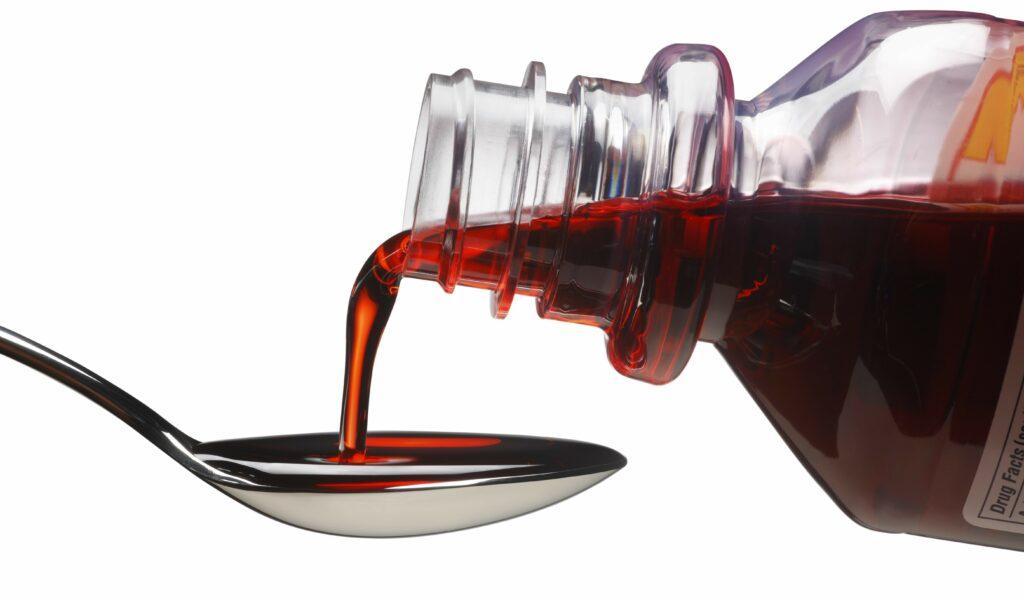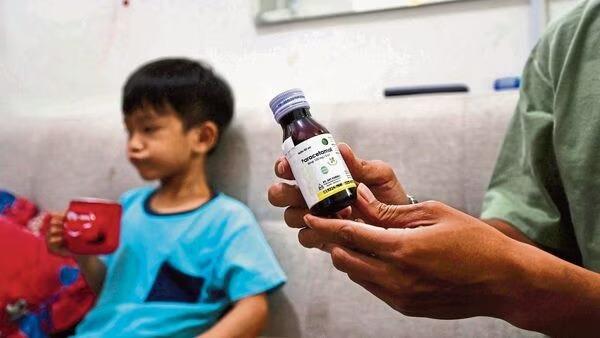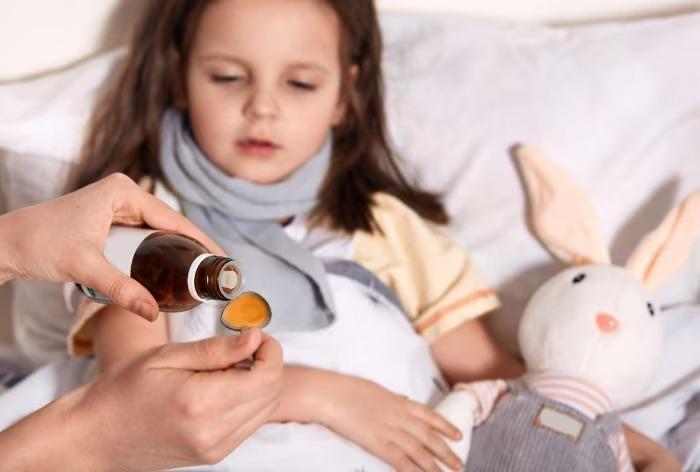In a devastating turn of events, a cough syrup believed to be manufactured in India has been implicated in the deaths of over a dozen children in Cameroon. This alarming discovery raises serious concerns about the safety and quality control measures in the production of cough syrups in India. It also highlights the need for stringent regulations and oversight in the pharmaceutical industry to prevent such tragedies from occurring.
Growing Threat of Toxic Cough Syrups:
Toxic cough syrups have emerged as a significant global health threat in recent months. The United Nations has identified nine countries that have been involved in the sale of tainted syrups, leading to the deaths of more than 300 infants across three continents last year. The scale and impact of these incidents have sparked widespread alarm and urgent calls for stronger measures to regulate and monitor the manufacturing and distribution of cough syrups.
Troubling Connection to India:
In the case of the tragic deaths in Cameroon, photos of the medication boxes revealed a manufacturing license number that corresponds to Riemann Labs, an Indore-based pharmaceutical company in India. While the absence of the manufacturer’s name on the boxes introduces an element of uncertainty, it raises concerns about the safety protocols followed during the production process. It is worth noting that Riemann Labs has denied any wrongdoing and emphasized its commitment to strict quality controls.

The Counterfeiting Challenge:
Counterfeiting in the pharmaceutical industry is a pervasive problem, particularly in developing countries. The prevalence of counterfeit medications poses a significant challenge to ensuring the safety and efficacy of drugs. It is crucial to address this issue comprehensively through effective regulation, enforcement, and international collaboration.
Riemann Labs’ Response:
Navin Bhatia, the director of Riemann Labs, acknowledged the resemblance between the drugs in the photo and their own products. However, he expressed doubts about their authenticity, highlighting the prevalence of duplicacy in the industry. Bhatia reaffirmed the company’s commitment to quality and safety, stating that their product was not contaminated. He stressed the need for caution and thorough investigations before drawing conclusions.

Strengthening Regulatory Measures in India:
In light of this incident, regulatory authorities in India must intensify their efforts to combat counterfeit drugs and enhance quality control measures throughout the pharmaceutical supply chain. This includes rigorous inspections of manufacturing facilities, strict adherence to good manufacturing practices, and comprehensive testing of finished products. Collaborative partnerships between Indian authorities and international organizations are essential to combat the global issue of counterfeit pharmaceuticals and protect public health.
The Role of International Cooperation:
The governments of countries affected by tainted cough syrups must enhance their regulatory frameworks to detect and prevent the entry of substandard or counterfeit medications. Strengthening surveillance systems and fostering increased cooperation with international agencies can aid in identifying and halting the circulation of dangerous drugs. Information sharing and coordination among global health organizations and regulatory bodies are crucial to effectively address the issue of toxic cough syrups.

Urgent Action Needed:
The tragedy in Cameroon serves as a tragic reminder of the importance of robust quality control measures, stringent regulatory oversight, and international collaboration in safeguarding public health. Swift action is necessary to prevent further loss of life and ensure that safe and effective medications reach those in need. Governments, pharmaceutical companies, and regulatory bodies must work together to combat the production and distribution of counterfeit and substandard medications, providing reassurance and protection to vulnerable populations worldwide.
Read more: California Dad Loses Part Of His Skull After Drinking Too Many Energy Drinks
The devastating cough syrup-related deaths in Cameroon have brought to light the potential dangers of substandard medications, potentially manufactured in India. This tragic incident underscores the urgent need for stricter regulations, rigorous quality control measures, and enhanced international cooperation in the pharmaceutical industry. Only through concerted efforts can we prevent similar tragedies and ensure the safety and well-being of individuals who rely on essential medications.



